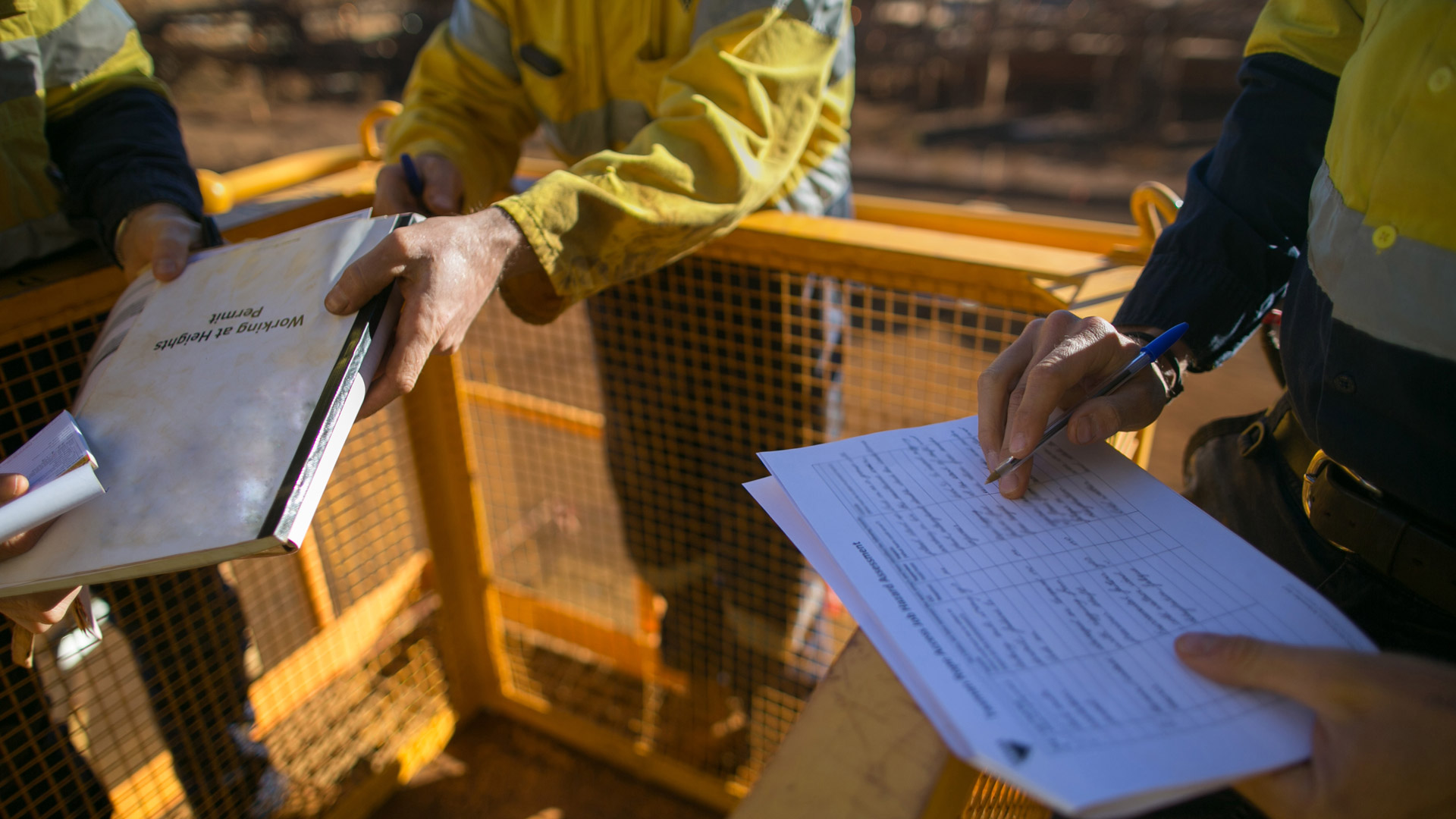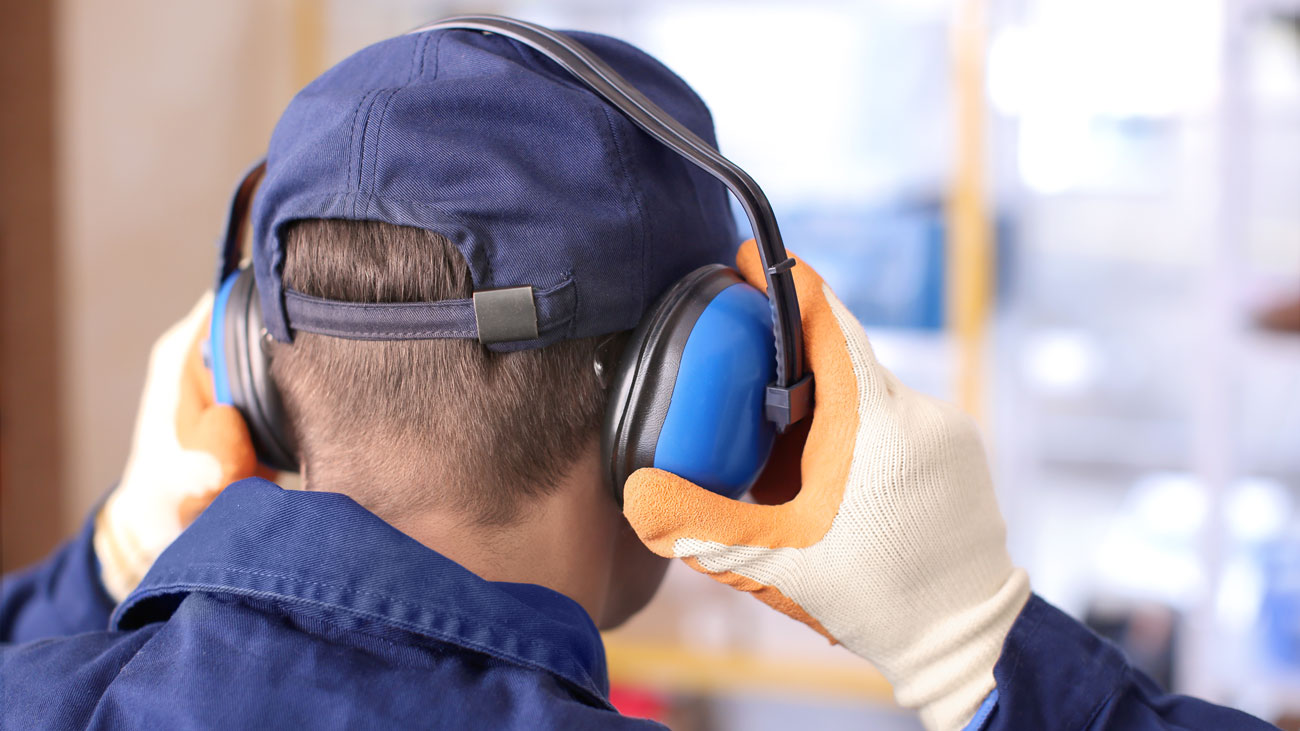There is no universal face-covering guidance for the workplace due to the variety of work environments in different industries. The Department for Business, Energy and Industrial Strategy (BEIS) has provided detailed guidance for specific workplace settings. Employers must make sure that the risk assessment for their business addresses the risks of COVID-19 using BEIS guidance to inform decisions and control measures including close proximity working.
It is important to note that coronavirus (COVID-19) needs to be managed through a hierarchy or system of control, including social distancing, high standards of hand hygiene, increased surface cleaning, fixed teams or partnering, and other measures such as using screens or barriers to separate people from each other.
These measures remain the best ways of managing risk in the workplace, but there are some circumstances when wearing a face covering may be marginally beneficial and a precautionary measure – this will largely be to protect others and not the wearer. If employees choose to wear a face covering, normal policies relating to occupational workwear and PPE will continue to apply.
If your work environment is one in which employees are required to wear face masks, for example in customer-facing roles, there are some factors you need to be aware of.
The government has set out a list of face-covering exemptions, as they are mandatory in additional enclosed spaces. The list of exemptions, which has been in place since face coverings became mandatory on public transport, includes hidden conditions such as anxiety or panic disorders, autism, breathing difficulties, dementia, reduced vision or if you are with someone who relies on lip reading to communicate.
People are not required to prove they are exempt and it is for individuals to choose how they would want to communicate this to others.
Minister for Disabled People, Health and Work Justin Tomlinson said:
“The new regulations are an important step forward in our efforts to defeat coronavirus but I would urge the public and businesses to be mindful of people who are exempt from wearing a face covering – particularly those with disabilities and health conditions.
“Some disabilities are hidden and not immediately obvious and everyone must play their part and act sensitively towards people who may need additional support. I will continue to work across government to ensure our guidance and responses to the pandemic are as inclusive and accessible as possible.”
There is also a call from businesses for people to wear clear panel face coverings, so that those who are deaf or living with hearing loss and rely on visual clues, such as lip reading, are able to communicate.
However, the government has not yet officially approved the use of transparent face coverings, and many organisations feel unable to source and purchase face coverings without official guidance in place.
The Business Disability Forum is calling on the Government to:
- update its face mask guidance for businesses and the general public to reflect the benefits for lip readers of the use of clear panel face coverings; and
- approve the use of clear panel face coverings or both PPE and non-PPE use.
Diane Lightfoot, CEO, Business Disability Forum, said:
“Cloth face coverings are creating a significant communication barrier for lip readers and for the huge number of people who may be unaware that they rely on lip reading to support their hearing.”
Susan Daniels OBE, Chief Executive of the National Deaf Children’s Society, said:
“It’s fantastic news that businesses overwhelmingly support the use of clear face coverings among their staff, customers and clients. Alongside a better understanding of how to communicate clearly with deaf people, these masks would be a real game-changer.
“As opaque masks and coverings become widespread, deaf people like me are already facing a daily battle to understand what others are saying. Whether we are in cafes and restaurants, out shopping, taking public transport or socialising with friends, conversations are much more difficult because we can’t see someone’s face to lipread.
“The National Deaf Children’s Society is campaigning for a government-led plan to introduce clear face masks across the country. The government has the reach and the resources to make this happen and with the support of business, it has a genuine opportunity to make a real difference to deaf people’s lives.”
You may also be interested in
RELATED CONTENT
RELATED COURSES

The Manual handling course helps learners understand the risks and dangers associated with lifting and handling in the workplace.

The Permits to work course explores the elements of permit-to-work systems and the high-risk activities that may require them.

The world’s best-known health and safety certificate, designed for managers and supervisors in any sector or organisation.

Introduction to health and safety gives learners a basic introduction to managing safety in their workplace.

The British Safety Industry Federation (BSIF) has issued a warning to those overseeing personal protective equipment (PPE) and safety product procurem...

Following the departure of the UK from the EU, and the transition period which comes to an end on 31 December 2020, new rules from January 2021 will e...

The Chartered Institution of Building Services Engineers (CIBSE) has produced an information sheet intended to help property operators, facilities man...

Employers must update workplace policies to ensure workers are clear on the rules on wearing the correct PPE, including facemasks.